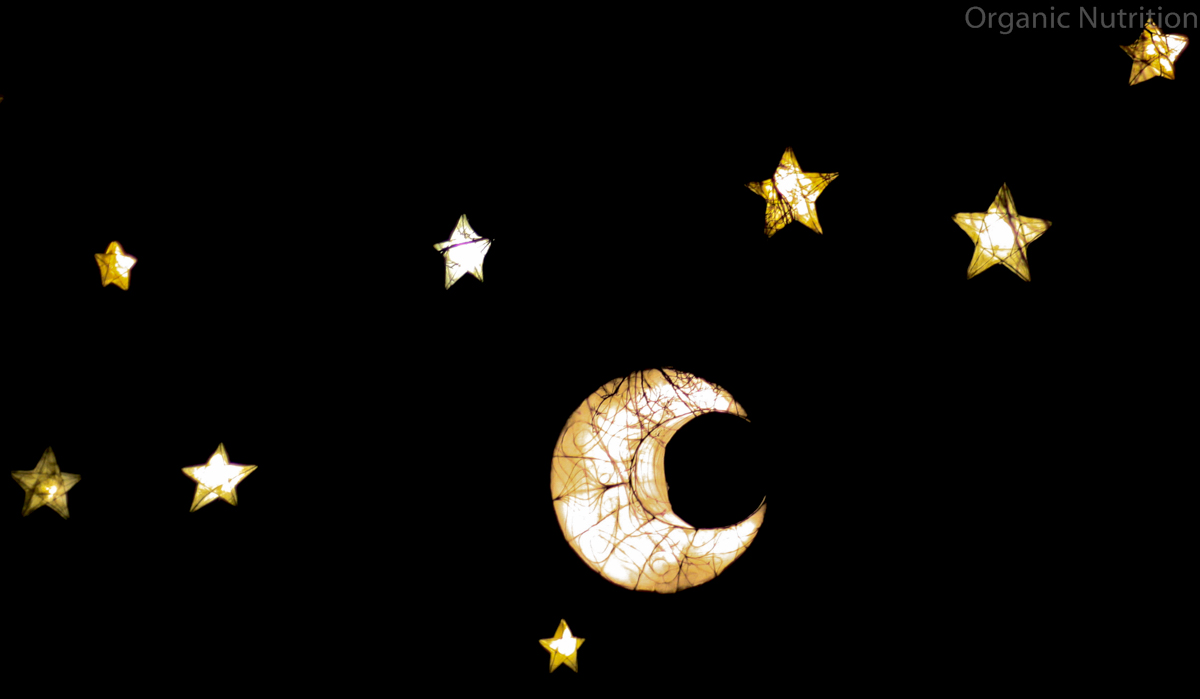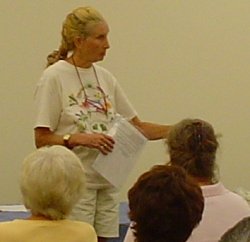Tiredness, Sleep disorders and Insomnia
The following article gives information about insomnia and sleeping disorders. The majority of people with sleeping disorders can overcome this difficulty.
Do you feel exhausted at times?
Lack of good sound sleep can greatly affect the quality of your life. All of us have experienced days when we have struggled to stay awake and focused. Days when it has been a real effort to first get out of bed and then to get to work. Yawning continuously during the day, doing the best you could to force yourself to stay awake.
How many times have you gone to work and literally felt wiped out. Perhaps you had been partying the night before and you practically hid all day at work the next day, because you felt so tired and hoped that you didn't have to do too much that required some thought. You may have spent the whole day trying to avoid your boss. This is an extreme example, but many people have days similar to this very frequently.
Do you go to bed early enough?
Tiredness can occur for all kinds of reasons, but is it simply this? It may be that you simply didn't go to bed early enough, or there may be more underlying causes for this. Sometimes it can be hard to identify what the problem is exactly, but by a process of elimination, we can identify what needs to change and so resolve the problems.
Be honest, do you go to bed early enough? Most people need 7 to 8 hours of good sleep to feel refreshed each day. If when the alarm clock goes off and you don't feel energetic within about 15 minutes or so then there is an issue that needs resolving. If you are constantly hitting the snooze button every morning then this is another indicator that the quality of your sleep isn't up to the job.
Lot's of us stay up later than we planned because we want to squeeze more into the day. Perhaps, we don't want to miss out on stuff or there is a movie we want to see. The reality is, if you get better sleep you will be far more productive than if you stayed up late to get things done.
By the way, did you spot the current trend for many successful people to go to bed early and then wake up early the next day. Many top business people, athletes, writers and other successful people say that one of their "secrets" is that they go to bed early and wake up early.

Get your body ready for sleep
When you are going to sleep, do you feel bloated? Do you regularly eat food too late at night? Do you often drink alcohol in your evenings? Eating and drinking too late in the evening really affect the quality of sleep. Try to reduce this. Cut down or drink and eat a little earlier if you can.
Do you exercise in the evenings? Is your body still in a high metabolism zone, following exercise, when you are going to sleep. Are you still feeling a bit hyper after the day's activities? Like food and drink, try to carry out any strenuous exercise earlier in the evening.

Get your room right!
Is your room and bed too hot or too cold? It can be a bit tricky to constantly get this right, especially in countries where the weather fluctuates a great deal. But many people don't realise that we each have an optimum temperature band for our best comfort. We are all a bit different and with some effort, you can soon find out what temperature range you prefer and then make each night like this if possible.
Are you disturbed by too much noise? These noises can be from outside such as cars or aeroplanes etc. but surprisingly there can be lots of noise in our houses. Does your washing machine or fridge freezer disturb your sleep at night etc?
By now, most of us know that having the room too light at night is a bad idea. Too many of us have electronic devices such as smart phones, TV's and clocks in our rooms which often give out light, especially blue light. This does not help us to go to sleep. Try not to watch too many late night movies or TV before bedtime. This does not create a relaxed state of mind for sleeping.
Is your mattress comfortable? IT has become popular in the last 20 years or so to have quite a firm mattress. This might be pretty useful for back sufferers who sleep on their backs. But most people do not sleep this way, and often wake up aching in their legs, hips and sides. In many cases, a softer more comfortable mattress can make an amazing difference.
Check whether your pillow is right for you. Figure out if you prefer to sleep on your side (like the majority) or if you are a back or front sleeper. Get a pillow that is most comfortable for you in the position that you sleep in the most. Related to this is the type of bedding that you use. Make sure it is something that you like and doesn't get too crinkly or have ridges when you sleep. Try to keep the bedsheets which cover the actual mattress quite tight. This will add to the bed's comfort as you won't feel like you are lying on ridges of material.
Other things that may be keeping you awake
Many people suffer from sleeping disorders. Whether unable to fall asleep or to stay asleep and enjoy uninterrupted sleep, insomnia can be disruptive to a healthy life. Insomnia is difficult to define because everyone has different sleep requirements.
Ageing can bring with it sleeplessness. Emotional stress, worry or exhaustion can also contribute to an inability to get a good nights rest. Then there are also the physical aspects: excess caffeine, alcohol and drugs, pain, food allergies, sleeping in a stuffy room, all are factors which should be looked at as possible reasons for sleep problems.
Stress and worry
As mentioned above, stress can play a part in insomnia. Valepotriates, the active ingredients of valerian root, have been shown to calm the central nervous system acting as a natural sedative. A natural stress reliever. In the United Kingdom, there are more than 80 over-the-counter sleep aids containing valerian. Why? Because it works!!
Researchers conclude that the sedative effect of valerian comes from the actions of its many different constituents working in harmony with each other. Unlike other prescription medications, valerian is not considered habit forming.
It is worth realising as the names are similar and may lead to misconception, that Valium is not in any way derived from valerian and there is no connection between the two.
Camomile tea is well known for its relaxing, sleep-inducing properties that help to alleviate insomnia, headaches and anxiety. It has been used for centuries as a natural remedy to calm and soothe. It was however only recently that studies proved apigenin to be one of the effective sedative compounds present in camomile.
Another way that stress can often be relieved is by taking a specially formulated combination of calcium and magnesium. This helps to relax the body and so aids restful sleep.

Superfood and Lemon Balm
We mentioned earlier that it isn't a good idea to go to bed with a full stomach. This can definitely affect one's sleep. However, some people hate to go to bed on an empty stomach.
Studies have shown that if you can have just a small energy boost before bedtime it can really help some people. Our best choice for this, is taking a few superfood capsules with a drink of juice, or a small glass of superfood powder mixed in juice. This provides a great boost for the body just before bed, it handles any hunger pangs and it provides some late nourishment to help you feel energised when you wake.
Lemon Balm was seen in ancient times as the ultimate remedy for a troubled nervous system, today it is known as both a sedative and stomach soother. The sedative action is attributed largely to a group of chemicals in the plant called terpenes.
These occur in lemon balm in a unique combination that has earned the plant its reputation. It can also be given to relieve anxiety and nervous tension. It is a very good herb to counteract sleep problems.

